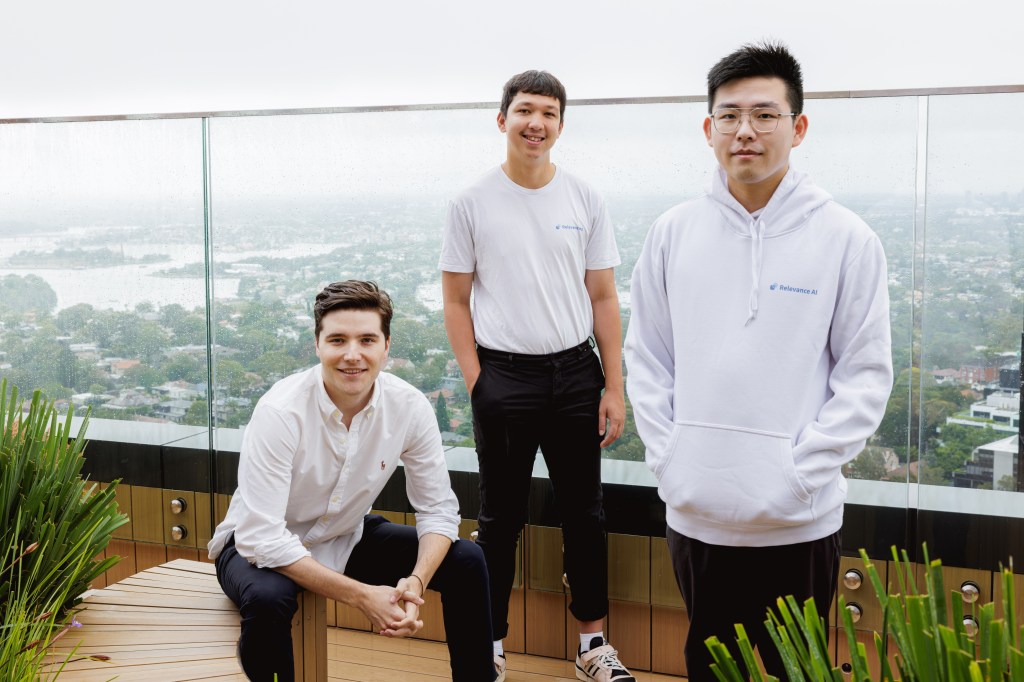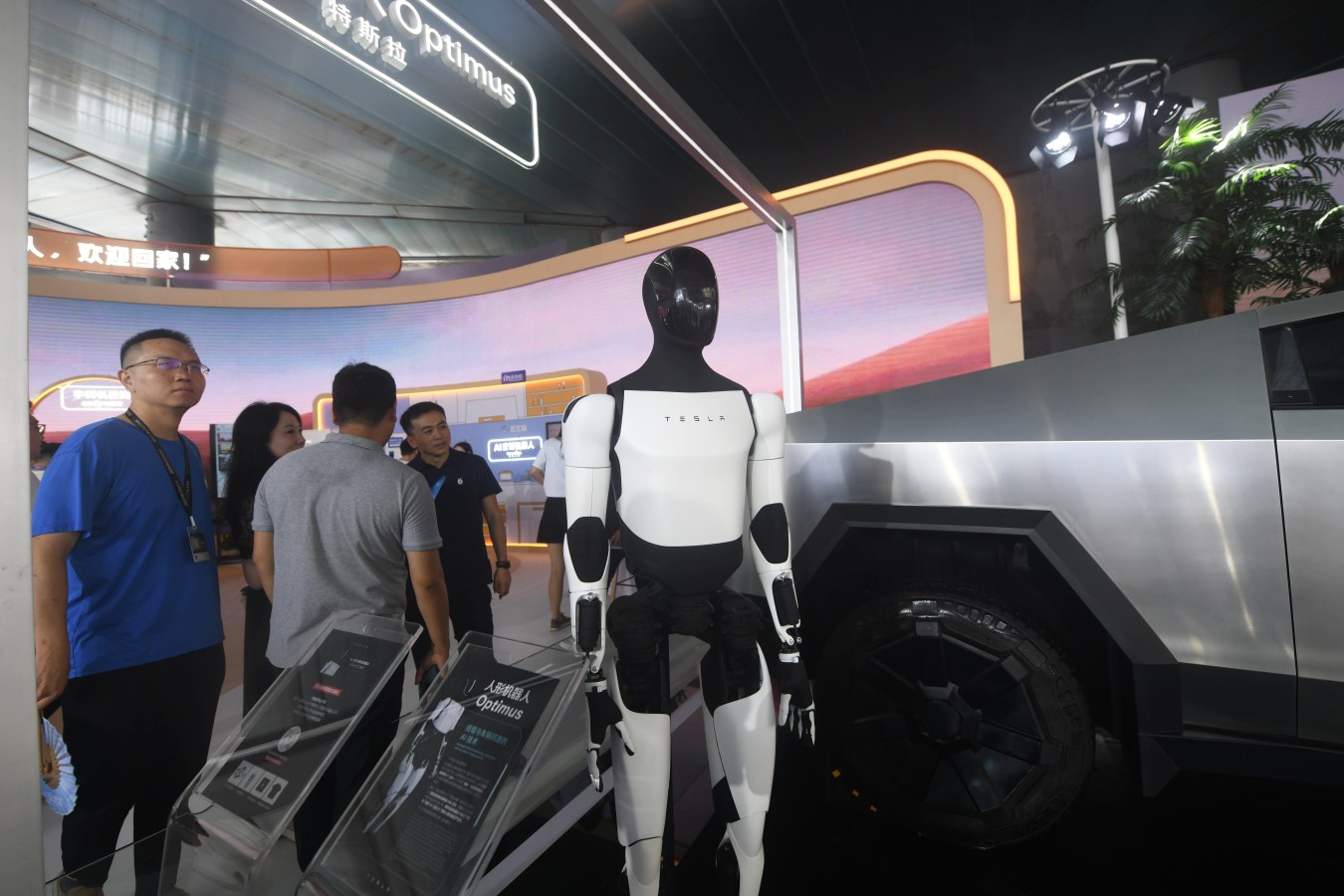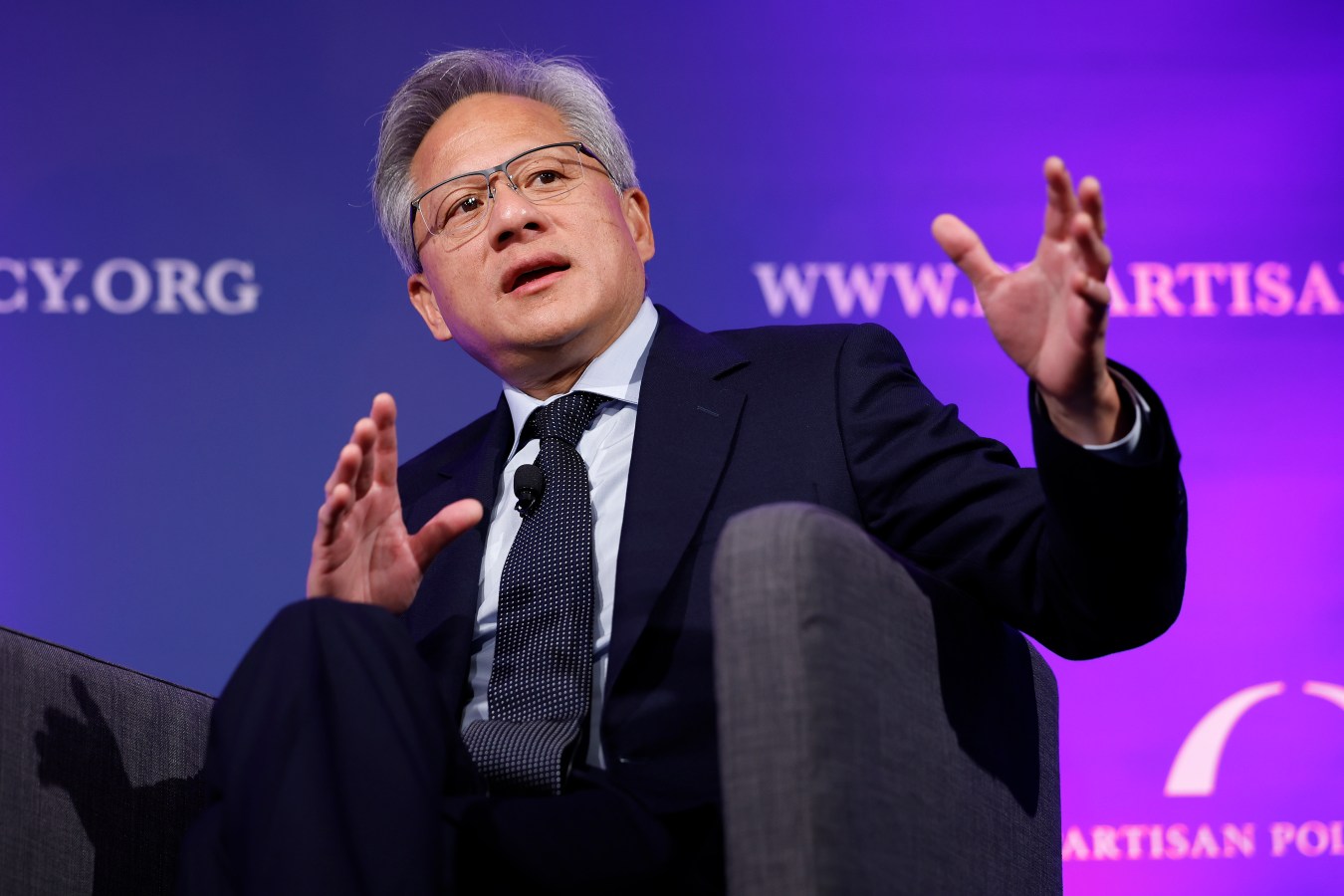An Australian AI start-up helping businesses develop their own team of AI agents has raised $15 million to scale globally.

High school mates Jacky Koh and Daniel Vassilev have a knack for launching businesses. With backgrounds in machine learning and software engineering respectively, their last two apps, PokeWhere and AudioPocket hit 7 million users (collectively) and the former reached #1 on the App Store.
In 2020, with the help of university peer Daniel Palmer, they launched Relevance AI, a machine learning start-up that helps businesses build AI workforces to “supercharge productivity”. The business is currently focused on sales and support teams, and says its seen strong adoption in tech companies. In the last three months, they claim the company has had over 6,000 customers sign up to the platform, including Roku, Nine and Autodesk – and they’ve just announced a $15 million Series A round led by King River Capital.
“Generative AI has the potential to add trillion of dollars in value to the global economy and we’re helping businesses realise this,” Koh tells Forbes Australia.
“Until now, AI has focused on improving individual efficiency. People are using AI as a co-pilot to help perform small parts of a single task but if we’re to realise the true potential of AI, businesses need teams of AI agents with different specialities that work together to complete complex tasks, autonomously.”
If you’re not a technical expert, those teams can be difficult to build. But Koh says Relevance AI is built for the subject matter expert instead – with templates and tools for businesses to build and deploy AI agents quickly.
“Our platform is built for the subject-matter expert, with the goal that anyone can train and build their own AI agents to supercharge productivity and ultimately scale quicker,” he says.
Related
“Customers train their own AI agents like they would onboard a new employee — uploading the relevant information they would need to do their role. Once trained the AI agent can be deployed and used for a broad range of tasks like a sales agent which can use the agent to find and reach out to prospects, respond to questions and book appointments.”
But it could work for product managers too, who could use agents to produce specs and research, or engineers, to assist with code reviews.
“Relevance is the first company in the world to truly move beyond the classic search box or co-pilot interface that has predominated with generative AI so far,” Zeb Rice, co-founder and lead investor at King River Capital, said.
“Instead, Relevance AI unlocks this new technology’s true potential through the use of pre-built components and visual interfaces that help anyone create and manage AI teams from scratch, supercharging employee productivity. It’s a game changer.”
Bloomberg Intelligence estimates generative AI could grow at a CAGR of 42% over the next 10 years to become a US$1.3 trillion industry, from a market size of just US$40 billion in 2022. And rising demand for software products could add about US$280 billion of new software revenue, driven largely by specialised assistants, new infrastructure products and copilots.
“The scale of human productivity unleashed by Generative AI is likely to be unprecedented,” investor George Mathew, managing director at Insight Partners said.
“Relevance AI enables businesses to automate repetitive, costly and time-consuming tasks and to increase productivity.”
The company says it plans to use its latest funding to expand into San Francisco next year, and build its team and product.
“We’re looking to scale the team more as we expand our US presence with an office in San Francisco aiming to be around 30 by the middle of next year,” Koh says. “We’re continuing to iterate on our product too to help more businesses realise the potential of AI.”
Look back on the week that was with hand-picked articles from Australia and around the world. Sign up to the Forbes Australia newsletter here or become a member here.



